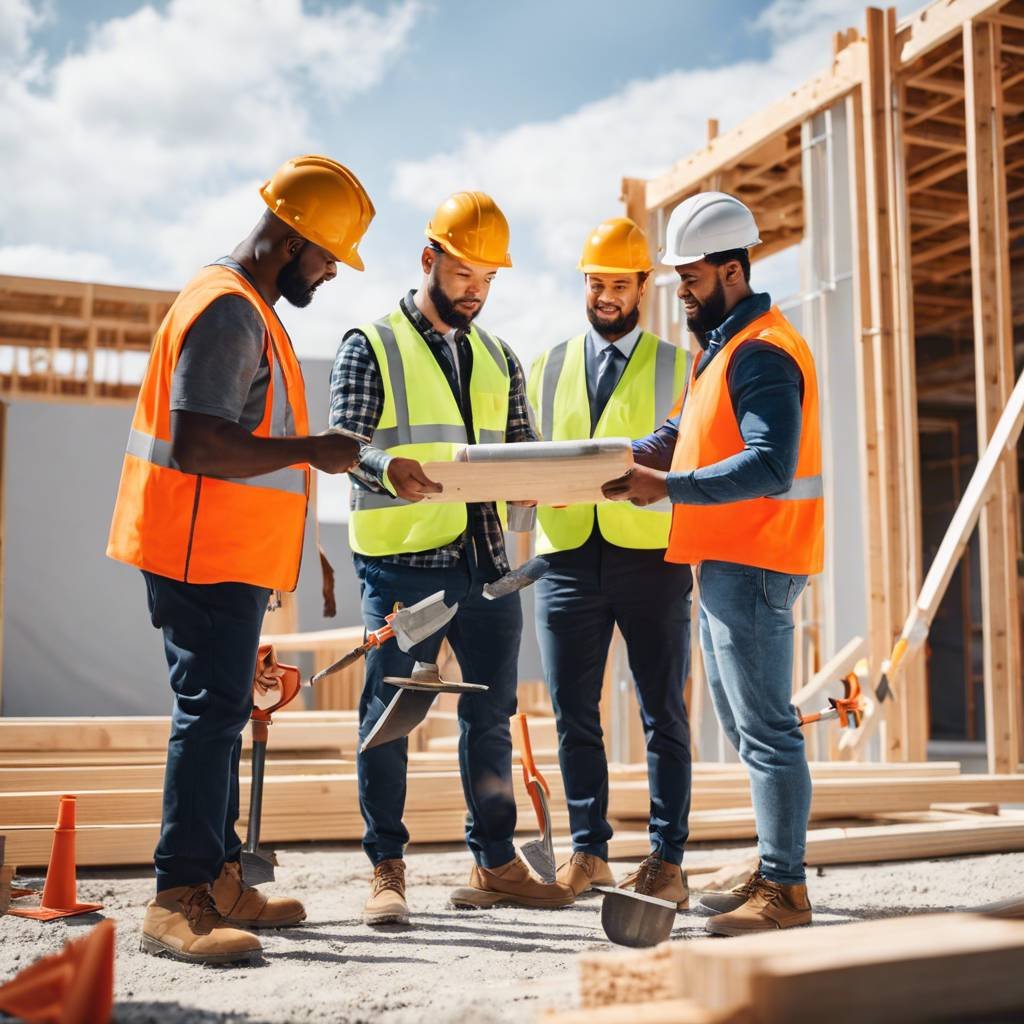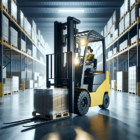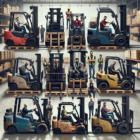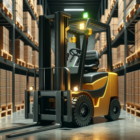As Australia’s construction industry continues to thrive, the robustness of the sector’s workforce becomes a focal point of attention and analysis. The recent influx of immigrant workers within the industry presents both challenges and opportunities not just in construction but across associated sectors, such as material handling and logistics where, for example, forklift hire in Sydney has become indispensable.
Immigrants have been increasingly contributing to the construction workforce, stepping into roles that local workers shied away from. In 2021, a significant portion of the construction labor force in the US was made up of immigrants. This parallels with growing trends here in Australia, where foreign-born workers are similarly prevalent in construction roles, particularly in cities like Sydney where development projects are plentiful.
This demographic shift in the workforce comes with its unique implications. Given the physical demands of the job, the health and safety of workers must be a priority. For construction companies and related industries, ensuring that all employees – regardless of their nationality – are operating in safe conditions is not just a legal responsibility, but also a moral imperative. This extends to the operation of heavy machinery, such as forklifts, where proper forklift servicing in Sydney is critical to prevent accidents and ensure workplace safety.
The labor shortage has broader implications for the construction industry, potentially leading to delays and compromising project quality. In response, many companies are ramping up wages to attract more workers. For those invested in the maintenance and operation of construction equipment, such as diesel or electric forklifts, this labor trend could be a double-edged sword. While higher wages may draw more talent into the maintenance and repair space, it could also increase operational costs for forklift hire and servicing.
Speaking of forklifts, they are the lifeblood of onsite logistics in construction. The choice between a diesel forklift vs electric forklift often depends on the specific needs of the job site. Diesel forklifts are known for their durability and high lifting capacities, making them suitable for outdoor and heavy-duty tasks. On the other hand, electric forklifts offer zero emissions and are quieter, which is ideal for indoor environments or urban construction sites where environmental regulations or noise levels might be a concern.
For companies involved in construction, regular forklift servicing and repair is crucial to minimize downtime and maintain productivity. Timely forklift repairs prevent small issues from becoming major setbacks, ensuring that these vital machines stay operational when the project’s progress depends on it. With the industry’s workforce in flux, having a reliable equipment servicing partner becomes even more important.
Here’s where businesses looking to stay ahead in the game should pay attention to their partnerships. Companies like ours – which specialize in forklift hire, servicing, and repairs – know the ins and outs of both diesel and electric forklifts, making us invaluable allies to construction firms navigating a shifting labor landscape.
Whether you’re a small contractor looking for short-term forklift hire in Sydney or a larger construction enterprise in need of a fleet of Toyota Forklifts with full servicing agreements, optimally functioning equipment is non-negotiable. Remember, as the construction industry adapts to a workforce that’s increasingly diverse, the support system that ensures equipment readiness must also evolve.
These workers, irrespective of their origin, play a pivotal role in building our cities and infrastructure. As we move forward, both the construction industry and its auxiliaries like forklift hiring and servicing must adapt to ensure not only the continuous progression of our built environment but also the safety and well-being of those who bring these structures to life. Cultivating a symbiotic relationship where workers, machinery, and service providers work seamlessly together will be the cornerstone of sustained growth and success in the construction sector.





